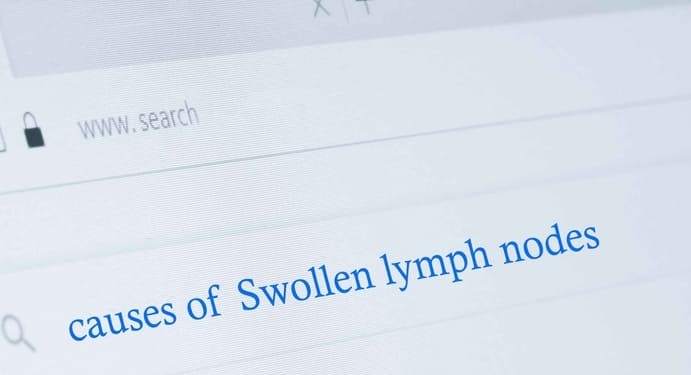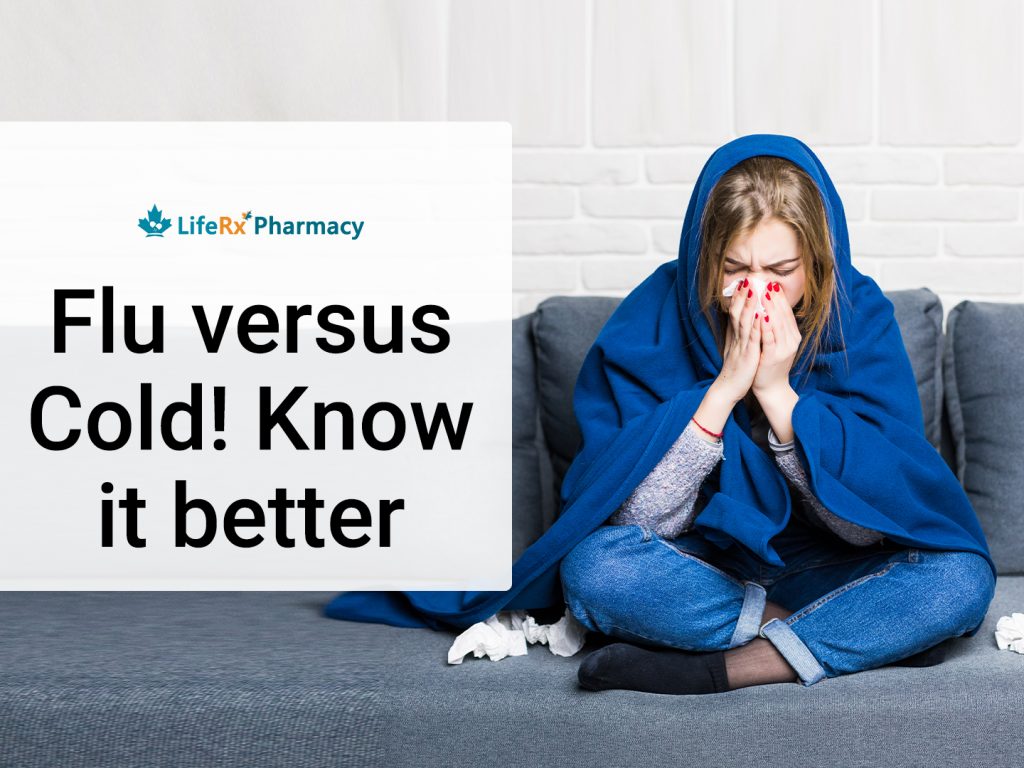Millions of individuals worldwide suffer from allergies, making it a prevalent condition. They happen when an object, like pollen, pet dander, or some foods, triggers an immune system reaction as if it were an enemy. This immunological reaction can result from various symptoms, such as sneezing, itching, and even breathing problems. However, a question that often arises: do allergies cause swollen lymph nodes?
What are Lymph Nodes?
Little, bean-shaped structures called lymph nodes are crucial immune system components. They are all over the body, with clusters mostly in the neck, groin, armpits, and belly. The body needs lymph nodes to fight against infections and other illnesses.
Serving as filters for lymphatic fluid is the main job of lymph nodes. The lymph is filtered to remove dangerous materials including bacteria, viruses, and aberrant cells as it passes through the lymph nodes. The immune cells in the lymph nodes react to these by ensnaring and eliminating the intruders.
What are Allergies?
An allergy occurs when the immune system responds inappropriately to a generally safe chemical. These compounds, which are referred to as allergens, can be present in specific foods, medicines, the environment, and insect bites. When an allergen is introduced to an allergic person, their immune system misinterprets the allergen as a dangerous invader and launches a defense mechanism to keep the body safe.
What causes swollen lymph nodes?

Lymphadenopathy, another name for swollen lymph nodes, is the result of the lymph nodes growing larger as a result of an active immunological response. This swelling is usually a sign that the body is fighting off an infection, but there are various causes for swollen lymph nodes, ranging from benign conditions to more serious health issues, and more queries about do allergies cause swollen lymph nodes.
Common Causes of Swollen Lymph Nodes
- The Infections in the human body include Viral Infections, Bacterial Infections, Abscesses (Pus), and Autoimmune Diseases.
- Cancer development (Lymphoma Cancer, Metastatic Tumors).
- Medications such as anticonvulsants like Carbamazepine, phenytoin, clonazepam, etc. can cause swollen lymph nodes as a side effect.
- Localized Inflammation or Trauma such as periodontitis, teeth, ear, or throat infection.
- Immunizations like COVID-19 or flu vaccines can temporarily cause lymph nodes to swell as the body builds immunity.
- Allergies such as allergy to certain foods, medications, or insect stings.
Symptoms and Diagnosis of Swollen Lymph Nodes from Allergies:

Symptoms:
The following signs and symptoms may appear when allergens create or exacerbate enlarged lymph nodes:
- Localized Swelling: For instance, swelling in the lymph nodes under your jaw or around your neck if you have allergic rhinitis(hay fever).
- Sensitivity or Injuries: Tender or painful lymph nodes may be swollen, especially when touched. They frequently hurt less, though, than swollen joints brought on by bacterial illnesses.
- Allergies such as Sneezing, fluffy or runny nose, Eyes that are wet and itchy, Wheeze or Coughing, Hives, or Skin rashes.
- Moderate Fever
- Exhaustion
Diagnosis:
When allergies are suspected, the diagnosis of enlarged lymph nodes usually entails a mix of physical examination, medical history, and sometimes further testing:
- Medical Background: Your doctor will inquire about your allergy history, including the kinds of allergens you frequently react to and the symptoms you usually encounter. They will also ask about any accompanying symptoms, the length, and the location of the enlarged lymph nodes.
- Physical Inspection: The enlarged lymph nodes will be felt by the physician during the examination to gauge their size, consistency, and soreness. In addition, they will check other parts of your body for skin rashes or indications of allergic rhinitis, which are indicators of allergies.
- Testing for Allergies: Your doctor might suggest allergy testing if allergies are suspected but not previously identified. This could involve blood testing (like the RAST test) or skin prick tests to pinpoint particular allergens that might be causing your symptoms.
- Blood Tests: Blood tests may be required in specific circumstances to look for elevated numbers of immune cells, such as eosinophils, which are frequently increased in allergic reactions. Additionally, the tests can aid in ruling out infections or other underlying medical issues.
- Imaging investigations: To acquire a closer look at the lymph nodes and surrounding tissues, imaging investigations like an ultrasound or CT scan may be performed if the enlarged lymph nodes continue or are problematic in any other way. This aids in ruling out further reasons such as malignancies or deep infections.
- Biopsy: Seldom is a lymph node biopsy required in allergy-related disorders. However, a biopsy may be necessary to rule out more dangerous illnesses like lymphoma if the swelling continues without apparent reason or if there are worrisome indications like fast growth or hard, immovable lymph nodes.
Do allergies cause swollen lymph nodes? The Connection

When the immune system overreacts to typically harmless substances like pollen, pet hair, or particular foods, allergies result. The answer to the question: Do allergies cause swollen lymph nodes? Yes. It does.
The immune system responds to allergen exposure by releasing substances such as histamines to counteract perceived threats. Watery eyes, itching, and sneezing may result from this. Do allergies cause swollen lymph nodes is answered, But how does this immune response relate to swollen lymph nodes?
Understanding the Connection:
Lymph nodes are small, bean-shaped glands that play a vital role in the immune system. They filter lymphatic fluid and trap pathogens, such as bacteria and viruses, which are then destroyed by specialized white blood cells. When the body is fighting an infection or another immune challenge, lymph nodes can become swollen—a condition known as lymphadenopathy.
The connection between swollen lymph nodes and allergies lies in the body’s immune response. Lymph nodes are part of the lymphatic system, which plays a critical role in the immune system by filtering out harmful substances and producing immune cells to fight infections.
How Allergies Can Lead to Swollen Lymph Nodes?
- Immune System Activation: When you have an allergic reaction, your immune system mistakenly identifies a harmless substance (like pollen, pet dander, or certain foods) as a threat. This triggers the production of antibodies and the release of histamines, leading to the typical symptoms of allergies, such as sneezing, itching, and inflammation.
- Lymph Node Involvement: As part of the immune response, lymph nodes may become active in filtering out the allergen or the immune cells that have been mobilized. This increased activity can cause the lymph nodes to swell temporarily.
- Secondary Infections: Allergies can sometimes lead to complications like sinus or ear infections, especially if mucus buildup occurs. These secondary infections can further stimulate the lymph nodes, leading to more noticeable swelling.
How to treat swollen lymph nodes from allergies?

As we know the answer to the query: Do allergies cause swollen lymph nodes? Here’s how you can treat swollen lymph nodes when they are connected to allergies:
- Control the Allergic Reaction with the help of Antihistamines, Decongestants, Corticosteroids, and Avoid Allergens.
- Address Infection that develops Secondary. It can be reduced by doing two basic interventions: Taking Antibiotics and Doing Warm Compresses.
- Over-the-counter Pain reliever medications can achieve the reduction of Inflammation. Staying Hydrated by drinking lots of water.
- Modifications in Lifestyle such as Resting in ample amounts to heal the body and Elevating the Affected Area to reduce the swellings.
- Monitoring the Symptoms of the body (Track Lymph Node Swelling).
- Immunotherapy is also helpful.
FAQs:
How to treat swollen lymph nodes in the neck naturally?
When looking for natural remedies for swollen lymph nodes in the neck, concentrate on techniques that boost immunity and lessen inflammation. Warm compresses applied to the afflicted area can help reduce swelling and pain by promoting blood flow and calming nearby lymph nodes. It’s important to stay hydrated since drinking lots of water promotes immune system activity and lymphatic drainage. Including foods high in antioxidants, such as leafy greens, ginger, and turmeric, in your diet can also help reduce inflammation.
How long can lymph nodes stay swollen in adults?
The duration of swollen lymph nodes in adults varies based on the underlying cause. Lymph nodes typically remain enlarged for a few days to a few weeks while the body fights off an infection, like the flu or a cold.
Can swollen lymph nodes hurt?
Yes, lymph nodes that are swollen can occasionally pain, particularly if the swelling is brought on by an infection or inflammation. The lymph nodes are producing more immune cells to combat the infection and filter out hazardous elements, which causes swelling and pressure inside the node and causes pain.
Can stress cause a swollen lymph node?
No, stress by itself usually does not cause swollen lymph nodes, although it might exacerbate conditions that can make them swell. Stress can impair immunity, leaving the body more vulnerable to diseases and infections that can enlarge lymph nodes.
Can a sinus infection cause swollen lymph nodes?
Indeed, enlarged lymph nodes can result from a sinus infection, commonly referred to as sinusitis. The body’s immune system reacts to an illness that causes inflammation and swelling in the sinuses, usually as a result of a bacterial or viral infection. This increased production of white blood cells is the body’s way of fighting off the infection.
Can herpes cause swollen lymph nodes?
Herpes can create enlarged lymph nodes, especially when the outbreak is intense. The herpes simplex virus (HSV), which causes vaginal and oral herpes, can produce regional lymphadenopathy as a result of the immune system’s reaction to the virus.
Can vaping cause swollen lymph nodes?
Lymph nodes may swell as a result of vaping, mostly because of its effects on the respiratory system. Lung and airway irritation and inflammation can result from inhaling e-cigarette chemicals and irritants.
Can acid reflux cause swollen lymph nodes?
Swollen lymph nodes are unlikely to be directly caused by acid reflux. On the other hand, prolonged acid reflux can result in infections or chronic inflammation of the throat or esophagus, which can subsequently cause swelling of the lymph nodes nearby. It could potentially cause an allergic reaction and hence, it also answers the query: do allergies cause swollen lymph nodes?
References:
- https://www.cancer.gov/publications/dictionaries/cancer-terms/def/lymph-node
- https://khealth.com/learn/allergies/can-allergies-cause-swollen-lymph-nodes/
- https://www.beckerentandallergy.com/blog/allergies-cause-swollen-lymph-nodes



Comments are closed.